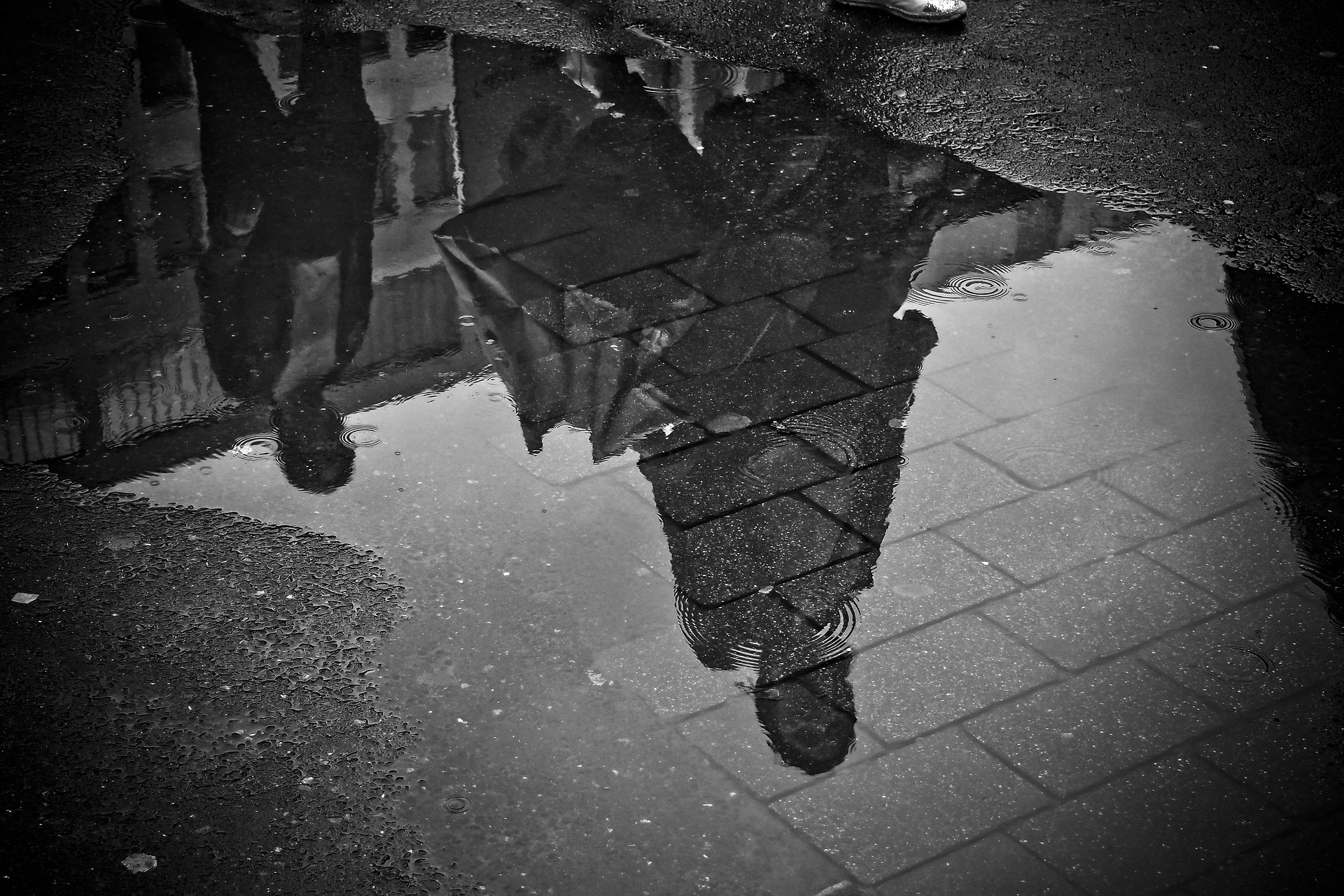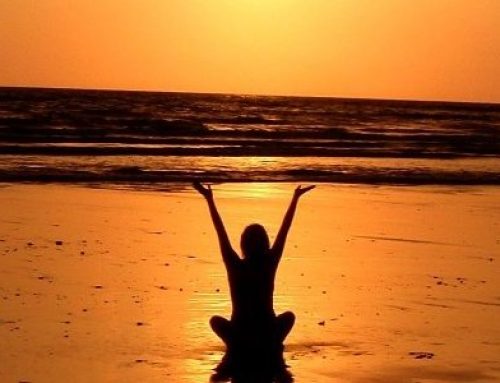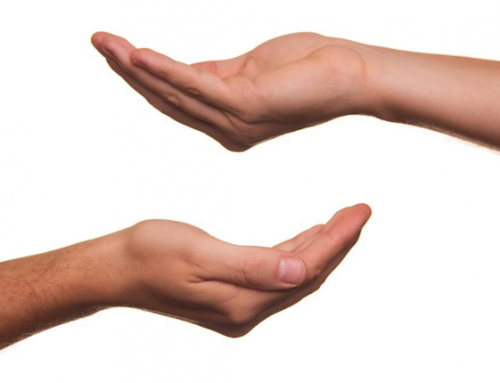The other day I was giving a presentation for a group of about 35 people. I was telling a personal story. I was nervous, and while I was speaking, I felt as if I was standing on a balcony, watching myself speak. It made me feel insecure, even more nervous, and as if I was being judged. Thoughts like: “You are not getting to the point.” “What’s your so-what?” “You have not linked your story well enough to the video you just showed.”, arose and in fact the feeling of being judged, was true! I was being judged…by myself! Reflecting on this: If I would have been able to see myself, thoughts such as: “Look at you: you are able to be vulnerable in front of a group of people whom you have never seen before.”, “People listen and are truly engaged.”, “By showing your true self, you are an example for others to be free to do the same.” Would have helped me in telling my story even better and even more engaging.
It showed me that the impact of watching in this case was not constructive, it even was deconstructive, and the impact when I would have seen myself, would have been caring and growth.
In a review that was written after the conference, the reviewer wrote: ‘There she stood, in all her vulnerability, telling her personal story…she was able to turn a big set up, into something beautiful to support others…’
This review made me realise, I had been seen by someone, and I felt touched by this, it made me grow.
Reflecting on a number of coaching sessions with my clients, I realized I regularly ask the question: “Do you see yourself?” And that when I ask this question, something ‘opens’ in them; I can sense and see they are touched, their eyes freeze for a second, then they look at me, breathe in and out, and start to wonder. Their face looks softer, their eyes touched.
So why do we often not see ourselves, and more often watch? And what does it take to see yourself, rather than watching yourself?
Let me take you into another story of my own.
I grew up in the countryside in The Netherlands, in a family with an older brother, who is mentally retarded, so older in age, younger in spirit. My youth was good; calm, protected and with nice people around us. When I grew up, my world grew bigger. I started college, moved out of the house to the city, met new people, moved to Amsterdam, met more new people, had a great job that I loved, moved abroad and found work there. When I returned to Amsterdam, I rejoined the company I used to work for in another role and again did fantastic. This time I got to work with coaches and as a consequence was reflecting more on myself than I had ever done before. I learnt what the effects of my upbringing were in my day-to-day life. And one of the realisations was that I am a queen in adjusting myself; adjusting to the situation, people, jobs, roles, questions, tasks, expectations etc.
It’s great to be able to adjust, especially in this rapid-changing world. For example, you feel flexible, people generally like you, you get to do new stuff out of your comfort zone – like me moving abroad. But as with all strengths, if you put ‘too’ in front of the word, it will most likely become your pitfall.
Because I had been adjusting myself so perfectly, I did not show enough of myself, my true potential, and more impactful: I did not see my own worthiness; and as a result many others didn’t either. And I also became aware that this caused me feeling frustrated and angry at times (and it occasionally still does).
Over time, with receiving feedback, looking into my own mirror, I learnt that actually I did not ‘see myself’ for who I am, for what I am worth, and I was the one who kept myself ‘small’. So I started doing some practices to ‘see myself’ and work on truly feeling my own worthiness. This is a continuing process and sometimes works better than others. When it works well, the need ‘to be seen by others’ is not so strong, and when it does not work very well, it becomes more important that I am seen by others, which can cause a certain dependency on others.
When I feel feelings of jealousy, or frustration, I am practicing two things:
- First, I look at myself, wondering if I have shown the best of me, if I stepped up in the situation.
- Second, I practice to see the other person for who they are and try to see the why of how they do or say things.
This helps not only me in reducing my frustration, but also helps the other person to feel worthy, safe, and it creates trust and equality. After all, most human beings have the need to ‘be seen’ by others to be able to grow.
It deepens the relationship, and gives us both a feeling of truly being seen.
So my questions to you are:
- Do you see yourself for who you are?
- Are you being seen? And by whom?
- Who could you see more?
I hope you enjoyed reading this and I would love to hear your responses. If you feel the need to find out if you see yourself; How you can more live from seeing yourself, rather than being dependent on others seeing you or why you have the feeling others don’t see you; please send me a message so we can schedule a conversation.




